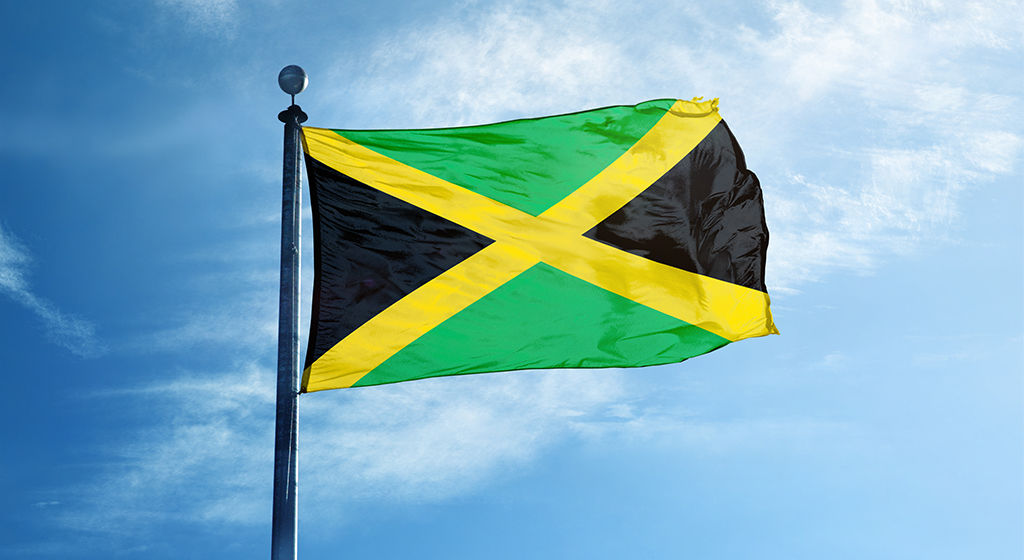Jamaica first in the Caribbean to submit a tougher climate action plan
Cop26 prexy praises nation for quick response
No coronavirus pandemic has stopped Jamaica in preparing, and now eventually, submitting a tougher climate action plan under the Paris Agreement.
In a press release, the government of Jamaica announced that the country’s updated Nationally Determined Contribution (NDC) has already been uploaded to the NDC Registry of the United Nations Framework Convention on Climate Change (UNFCCC).
The next UN climate summit was moved to November 2021 due to the pandemic. The United Kingdom, the host for next year, praised the move and urged other nations to follow suit as quickly as possible.
“Fantastic to see Jamaica’s NDC showing greater climate ambition and scope during these difficult times,” said Alok Sharma in a tweet. Sharma is the president of the COP26 talks and UK Secretary of State for Business, Energy and Industrial Strategy. “We ask all countries to publish their own ambitious NDCs as soon as possible,” he added.
According to the NDC Registry, Jamaica is the 13th nation globally to submit this year an updated plan for the five-year milestone of the 2015 Paris Agreement. The first country was Lebanon, which submitted its plan in February.
Steps to curb climate change
Jamaica, which finally opened its borders for international travel last June 15, promised to focus on two key sectors—Energy and Forestry—to reduce its carbon footprint.
“Jamaica’s new NDC is more ambitious than its previous one,” the Jamaican government said in a separate news report, adding that the island needs to be more vigilant with its steps since it’s more prone to hurricanes and sea level rise. There has also been mild drought across much of the island.
According to the government report, Jamaica promises that by 2030, the country will be able to reduce emissions in the two sectors by 25.4% which below “business as usual” (BAU) levels, and by a deeper 28.5% if the country gets international support.
The emissions meanwhile, are expected to fall from 1.8 to 2.0 million tonnes of carbon dioxide also by 2030. That was more ambitious than a decline of 1.1 to 1.5 million tonnes under the original plan.



